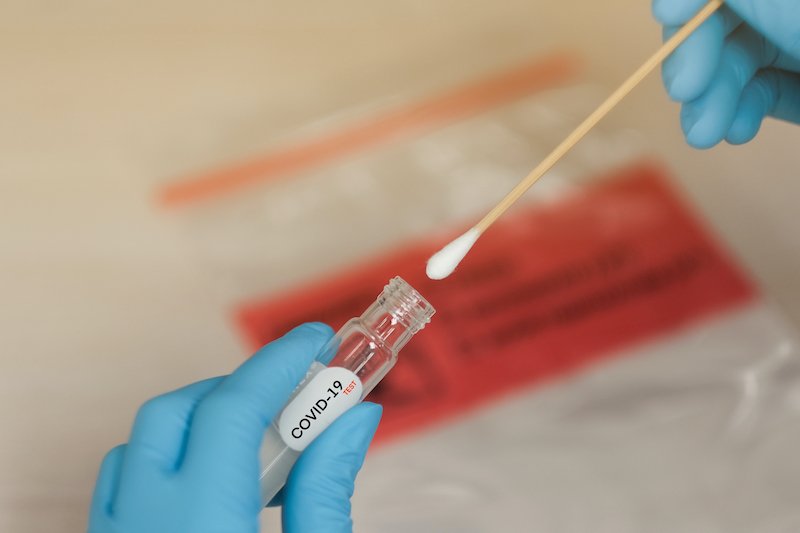There are plenty of questions circulating about coronavirus testing. Currently, there are not enough tests to go around, so not everyone who wants a test will get one. Also, as the pandemic develops the testing criteria is continually reviewed and changed. So how do they test for coronavirus?
Here is what you need to know.
Who can get tested?
Tests are limited to those most likely to test positive, including people who:
- Have been overseas recently
- Have been in contact with a known case
- Have been hospitalised with pneumonia
- Are frontline health and medical workers
- Aged care workers.
How do they test for coronavirus?
Doctors will look for any evidence of the virus in respiratory samples in the form of swabs from the back of the nose and throat or fluid from the lungs. It is important doctors wear gloves, gowns, eye protection and a surgical mask when conducting patient tests. Blood tests have also been used for some patients.
Where do samples go?
Small, private pathology laboratories are helping take the load off bigger laboratories when it comes to analysing tests. There is an increasing backlog of tests which all take about three hours to run through the lab. It can take a few days for the test results to come back, so if you have serious symptoms, you will be isolated and kept in hospital.
Where can I get tested?
GPs, public hospitals, mobile clinics and some private pathology practices provide coronavirus testing for patients. Some of these clinics will involve drive-through testing to prevent the spread of the virus to doctors and nurses. It is important that you call ahead to speak with your GP to request a test before showing up to the practice to prevent the spread of the virus if you do have it.
What if I test positive?
Depending on the severity of illness, patients who test positive for coronavirus may be hospitalised or sent home to remain in isolation for at least two weeks. Some patients will only experience mild symptoms such as a sore throat, headache and fever, whereas others may experience more severe symptoms.
What do I do if I am experiencing symptoms?
If you do have cold or flu-like symptoms, seek medical advice. Doctors who are working with 13 DOCTOR can see and speak to you over the phone or via a video consultation using your phone or computer while you stay in your home.
If you are wanting to go to your local GP or hospital, call ahead so they can take necessary precautions.
